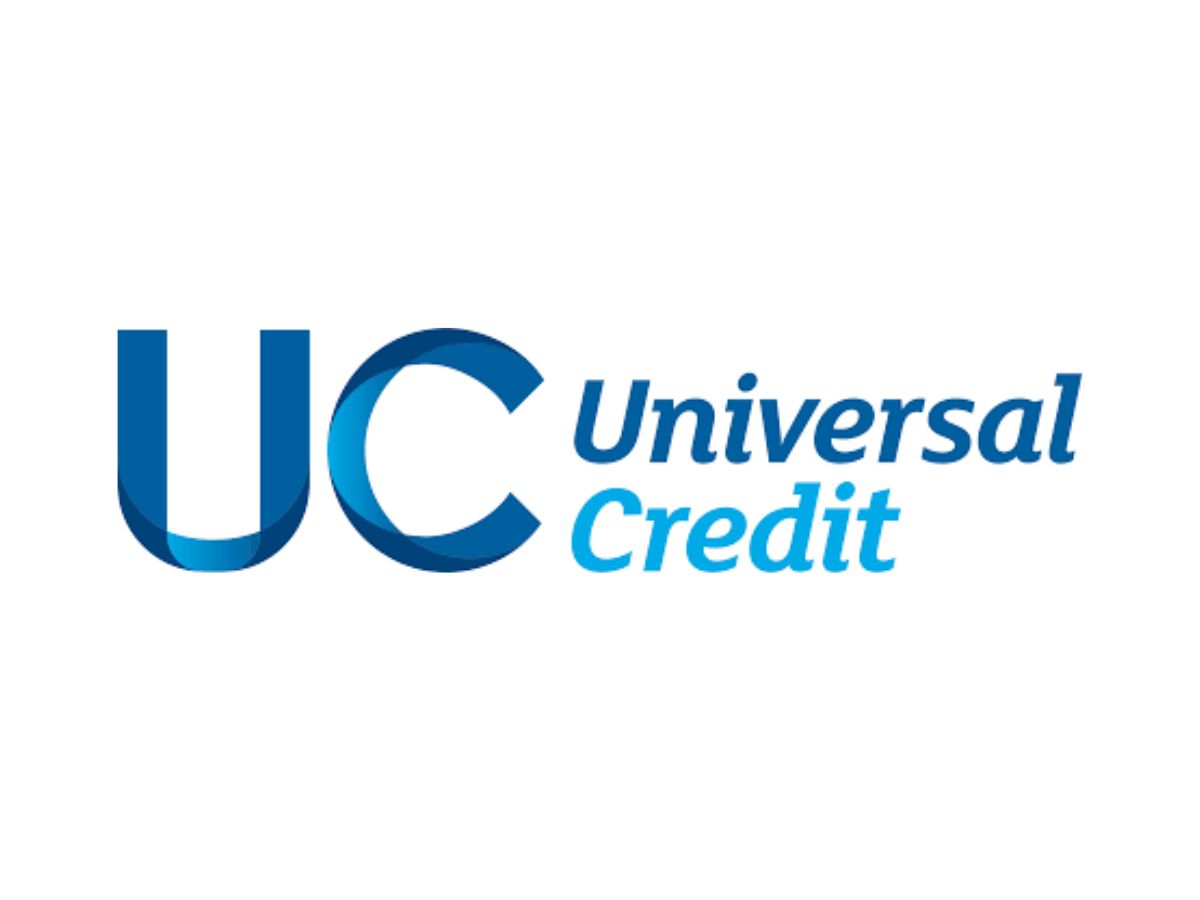
Universal Credit is a significant part of the UK welfare system, designed to simplify benefits and support those in need. But what exactly is it? Universal Credit combines six benefits into one monthly payment, aiming to make the system more straightforward. This benefit helps with living costs for those on a low income or out of work. It's essential to understand how it works, who qualifies, and what changes it brings to the traditional benefits system. Whether you're a recipient, a potential applicant, or just curious, these 35 facts will give you a clearer picture of Universal Credit and its impact on everyday life.
What is Universal Credit?
Universal Credit is a welfare benefit in the UK designed to support those who are unemployed or on a low income. It combines several older benefits into one monthly payment, simplifying the system.
- Universal Credit replaces six older benefits: Income Support, Income-based Jobseeker's Allowance, Income-related Employment and Support Allowance, Housing Benefit, Working Tax Credit, and Child Tax Credit.
- It was introduced in 2013 to streamline the benefits system and reduce fraud and error.
- Universal Credit is administered by the Department for Work and Pensions (DWP).
- Payments are made monthly in arrears, which means recipients need to budget their money for the entire month.
- The amount received depends on individual circumstances, including income, savings, and household composition.
How to Apply for Universal Credit
Applying for Universal Credit involves several steps, from creating an online account to attending an interview. Here are some key points to know about the application process.
- Applications are made online through the official government website.
- Applicants need to provide personal information such as National Insurance number, bank details, and income information.
- After submitting the application, claimants must attend a face-to-face interview at a Jobcentre Plus.
- During the interview, a work coach will discuss the claimant's situation and agree on a "Claimant Commitment."
- The Claimant Commitment outlines the actions the claimant must take to receive Universal Credit, such as job searching or attending training.
Eligibility Criteria for Universal Credit
Not everyone qualifies for Universal Credit. Specific criteria must be met to be eligible for this benefit.
- Applicants must be 18 years or older, though some exceptions exist for 16-17-year-olds.
- Claimants must be under the State Pension age.
- They must live in the UK and not be subject to immigration control.
- Universal Credit is available to both single people and those in a couple.
- Savings over £16,000 disqualify a person from receiving Universal Credit.
Payment and Budgeting
Understanding how Universal Credit payments work is crucial for effective budgeting. Here are some essential facts about the payment process.
- Payments are made directly into a bank, building society, or credit union account.
- The first payment usually takes about five weeks to arrive, including a one-month assessment period and seven days for processing.
- Advance payments are available for those who cannot wait five weeks, but they must be repaid from future Universal Credit payments.
- Universal Credit includes a standard allowance and additional amounts for housing, children, and disabilities.
- The benefit cap limits the total amount of benefits a household can receive.
Impact on Employment
Universal Credit aims to encourage employment by making work pay. Here are some ways it affects employment.
- Claimants can work while receiving Universal Credit, but their payments will reduce as their income increases.
- A work allowance allows some claimants to earn a certain amount before their Universal Credit is reduced.
- For every £1 earned above the work allowance, Universal Credit is reduced by 55p.
- Self-employed people can also claim Universal Credit, but their income is assessed differently.
- The "Minimum Income Floor" assumes self-employed claimants earn at least the National Minimum Wage.
Support and Sanctions
Universal Credit provides support but also imposes sanctions for non-compliance. Here are some key points about support and sanctions.
- Work coaches offer personalized support to help claimants find work or improve their skills.
- Sanctions can be applied if claimants fail to meet their Claimant Commitment without a good reason.
- Sanctions range from a few days to several months, depending on the severity of the breach.
- Hardship payments are available for those who face financial difficulties due to sanctions.
- Claimants can appeal a sanction decision if they believe it is unfair.
Additional Support and Services
Universal Credit offers more than just financial support. Various additional services and support mechanisms are available to claimants.
- Budgeting Advance loans help with emergency expenses like household items or job-related costs.
- The "Help to Claim" service provides free, confidential support for new claimants.
- Universal Credit includes support for childcare costs, covering up to 85% of eligible expenses.
- The benefit also offers assistance with housing costs, including rent and mortgage interest.
- Local authorities may provide additional support through Discretionary Housing Payments for those struggling with housing costs.
Final Thoughts on Universal Credit
Universal Credit is a complex system with many moving parts. Understanding its ins and outs can make a big difference in how you navigate it. From eligibility criteria to payment schedules, knowing the details helps you make informed decisions. It’s not just about financial support; it’s about accessing resources that can improve your quality of life. Whether you’re new to Universal Credit or have been using it for a while, staying updated is crucial. Policies and rules can change, impacting your benefits. Keep an eye on official updates and seek advice if needed. Remember, knowledge is power. The more you know, the better you can manage your situation. Universal Credit aims to simplify welfare, but it’s up to you to make the most of it. Stay informed, stay proactive, and you’ll navigate the system more effectively.
Was this page helpful?
Our commitment to delivering trustworthy and engaging content is at the heart of what we do. Each fact on our site is contributed by real users like you, bringing a wealth of diverse insights and information. To ensure the highest standards of accuracy and reliability, our dedicated editors meticulously review each submission. This process guarantees that the facts we share are not only fascinating but also credible. Trust in our commitment to quality and authenticity as you explore and learn with us.


